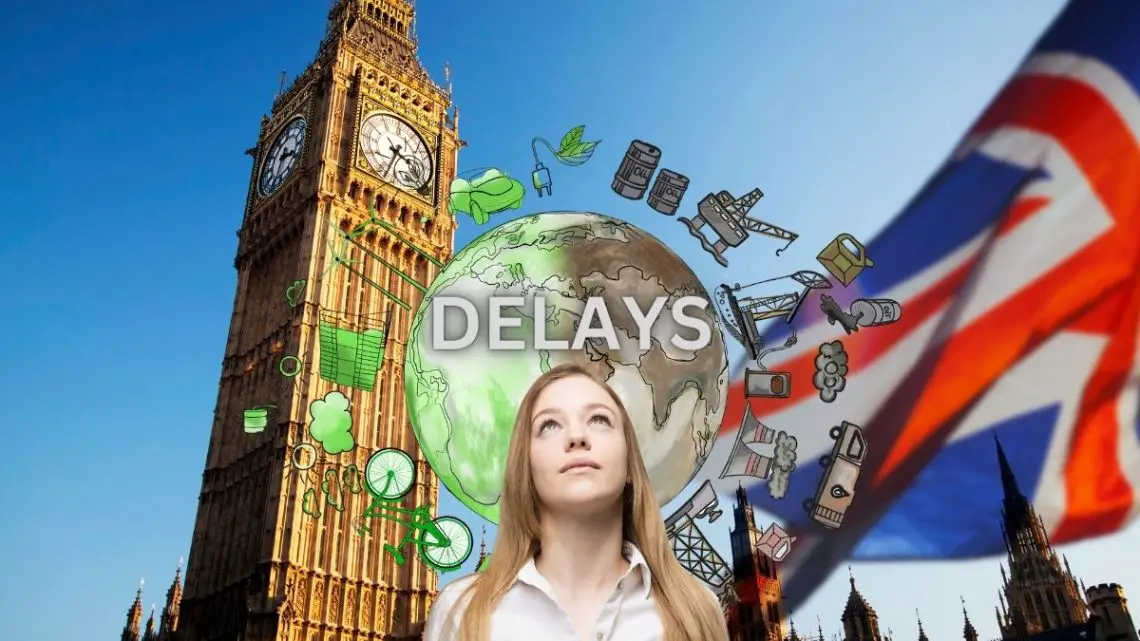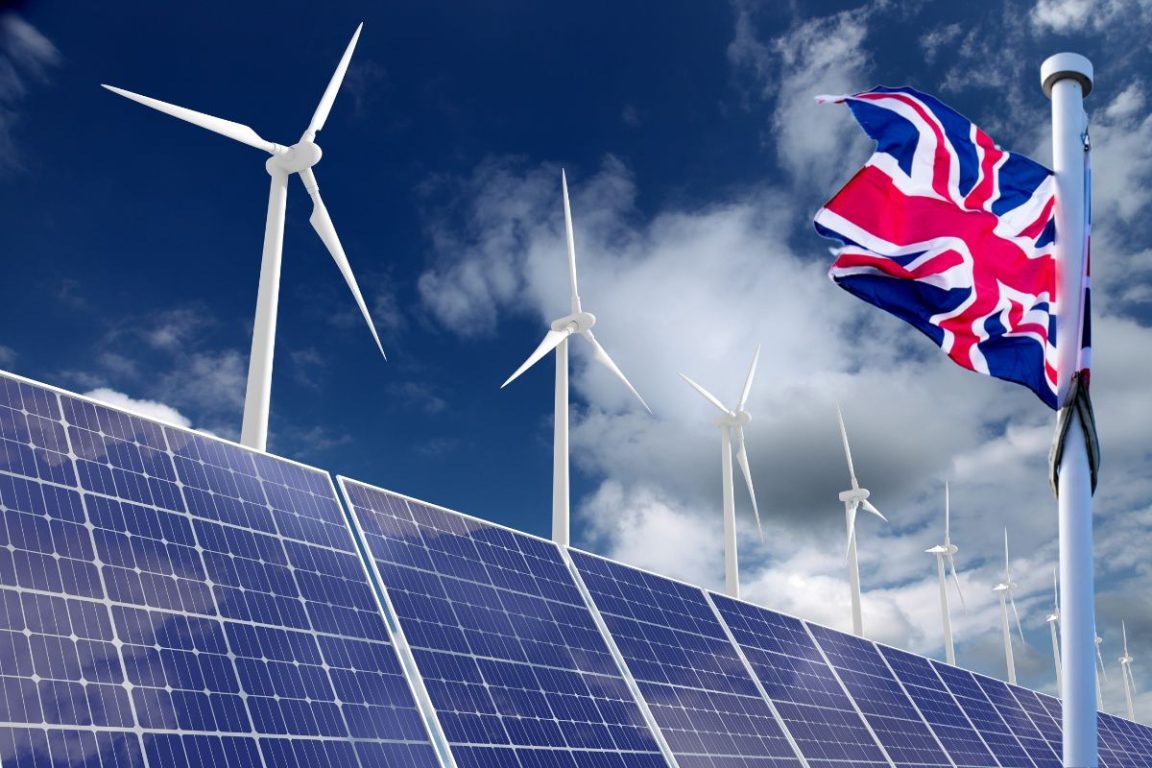
The environmental impact of green project delays and why government action is so essential
May 7, 2024The Ripple Effect of Delays in the UK’s Green Projects on Achieving Net Zero and Environmental Impact
Delays to UK’s green projects not only impact on the feasibility of achieving the UK Government’s goal of net zero by 2050, but have a real world and measurable impact on the environment. Fossil-fuel-intensive megawatts of energy are only displaced as net zero alternatives come on-line, serving to deepen the negative impacts of greenhouse gasses into the atmosphere.
In general, businesses take decisions based on a business case that are calculated to generate the best return on the capital that has been invested in that business. Investment in green, sometimes novel technologies presents two challenges.
First, investments in green technologies require a business to put capital at risk with the aim of longer term upside. In the case of novel technologies, there is a “first mover” risk that the investment is made in a technology that becomes obsolete (think “Betamax”) and/or more requires more operating expenditure that initially forecast.
Second, the value of carbon savings do not typically appear on the balance sheet of a business. Therefore, capital investment in “eco” technologies may appear to reduce the value of the business unless there is an identifiable and quantifiable upside in some other area(s) of the business, such as reduced operating expenditure, increase in sales/marketability of products etc.
Thus, the dice is loaded against businesses making the environmentally “correct” decision in favor of the decision that, according to prevailing investment wisdom, produces the better return on investment.
Government Intervention: Catalyzing the Adoption of Green Technology through Policy and Incentives
The Government has the ability to play a significant role in loading the dice by manipulating is various policy levers to create a market for green technology. These policy levers can take many forms, but include:
- taking action to remove barriers to adoption/roll-out of the technology in order to bring down the cost of the technology to businesses (perhaps by re-regulation of green technologies, or additional regulation of fossil-fuel technologies);
- adopting the technology itself (with the aim of bringing critical mass to the market); and
- offering financial incentives to reduce the cost of entry (and therefore capital risk) of adopting a particular technology (again, with the aim of creating a critical mass of adopters).

Solar and wind may be more well-known generally as renewable energy sources and to date have contributed most to the decarbonisation of the UK’s electricity supplies. These technologies possess the distinct advantage existing end-users can use electricity whether it is created from burning coal or by turbines and solar farms.
Overcoming Green Project Delays with Hydrogen Energy Infrastructure Investment
Hydrogen, despite its promise to displace fossil fuels in sectors that are less easy to decarbonise (including transport and heavy industry), requires significant investment in order to create the infrastructure required to generate, distribute and use it as a source of low-carbon energy.
The UK Government has taken steps to reduce the barriers to entry and create a market of critical mass across the generate-distribute-use supply chain:
- the government has pledged over £21 million to 7 projects (including the “Tees Valley Hydrogen“) to help supply the local transport sector; and
- the Environment Agency’s guidance on emerging techniques for the production of hydrogen from water using electrolysis should help businesses design and develop industrial facilities for the production of green hydrogen and meet the strict requirements necessary to obtain the environmental permits needed.
 Whilst the above examples are positive, there is space and opportunity for far more Government action and assistance:
Whilst the above examples are positive, there is space and opportunity for far more Government action and assistance:
- Policy Exchange has proposed harnessing otherwise curtailed generative renewable electricity capacity in electrolysis – creating 700,000 tonnes of hydrogen (i.e. two thirds of the UK’s current hydrogen consumption); and
- Wales & West Utilities has proposed championed changing GSMR regulations so that 20% of the volume of gas injected into the gas network is hydrogen (rather than the current 0.1% limit) – facilitating the straightforward distribution of hydrogen from production facilities to the end users.
It is clear that the Government has an important role to play in generating momentum towards, and direct the evolution of, the net zero economy and the uptake of environmentally beneficial technology by the business community. Such Government action would not only help the Government achieve its stated policy aim of net zero by 2050, but also avoid the damage that will be sustained by the environment caused by delay in the interim.
Ready to test your knowledge on the most abundant element in the universe? Take our fun and engaging Hydrogen Quiz now! [forminator_quiz id=”58712″]



 HFN News is your leading source for fresh hydrogen and renewable energy updates. Amid the fast-paced growth of hydrogen companies, we provide top-notch news and insights about this exciting sector. Our coverage spans from hydrogen cars to global sustainable initiatives, and we highlight the latest in green jobs and developing hydrogen hubs. We invite you to share your local hydrogen news and explore today’s renewable energy job listings on our site. Thanks for choosing HFN News as your trusted guide to the hydrogen and renewable energy world!
HFN News is your leading source for fresh hydrogen and renewable energy updates. Amid the fast-paced growth of hydrogen companies, we provide top-notch news and insights about this exciting sector. Our coverage spans from hydrogen cars to global sustainable initiatives, and we highlight the latest in green jobs and developing hydrogen hubs. We invite you to share your local hydrogen news and explore today’s renewable energy job listings on our site. Thanks for choosing HFN News as your trusted guide to the hydrogen and renewable energy world!
